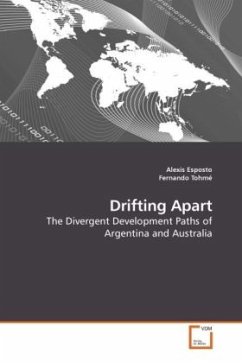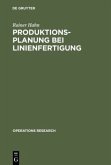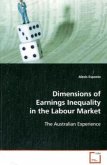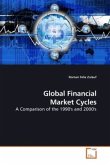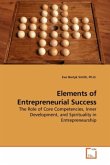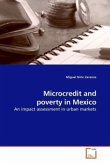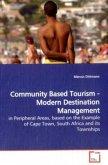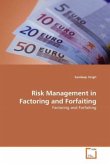This work reignites the important debate about the relationship of the economy and our central institutions the state, public service, the rule of law and their dynamic interaction. It raises the question: do nations prosper with good economies that provide the basis for strong institutions or, conversely, do strong institutions lead to good economies? This is a conundrum for both economists and policy makers alike. The book looks at Australia since Federation in 1901 and considers the reform policies of Prime Ministers Curtin, Menzies, Whitlam, Hawke and Keating. The book also follows Argentina from independence in 1816 to the governments of Juan Perón, Isabelita Perón, dictator Videla and democratically elected presidents Alfonsin, Menem and Kirchner. The authors work analyzes, with intellectual finesse, the complex relationships that Argentina and Australia have had with the United States and the United Kingdom, and how these relationships have influenced the economic and institutional development of both. This work strengthens the notion that Argentina and Australia, different as they are, have much in common, and experience similar challenges and opportunities.
Bitte wählen Sie Ihr Anliegen aus.
Rechnungen
Retourenschein anfordern
Bestellstatus
Storno

